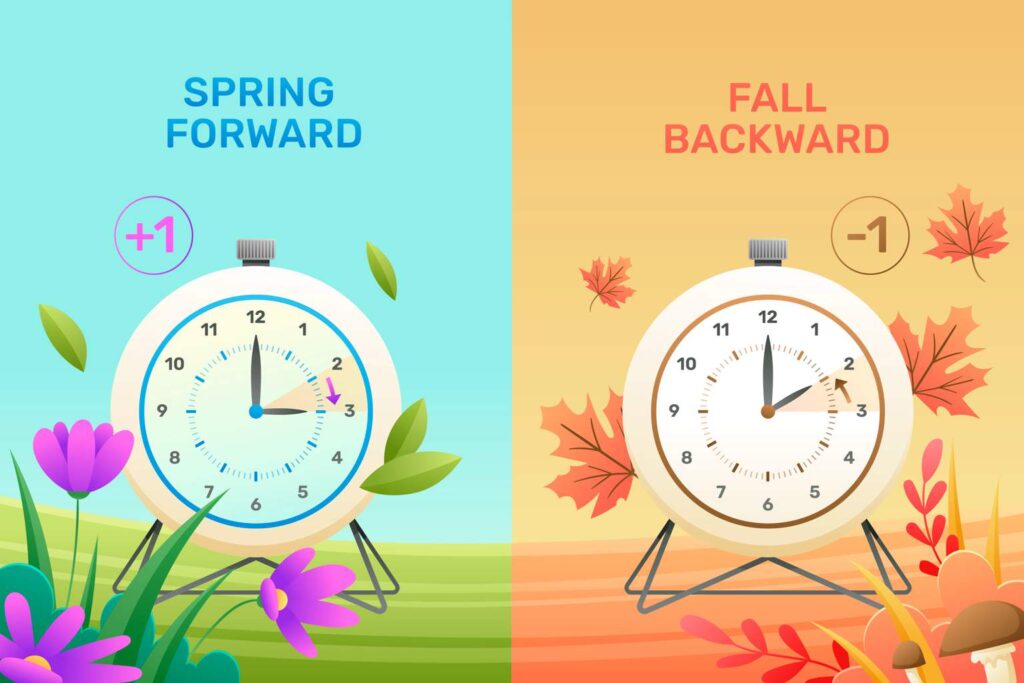The European Commission has once again raised the prospect of ending daylight saving time, defending its earlier proposal to abolish seasonal clock changes as Europeans prepare to switch to winter time this weekend, AFP reported.
The practice of adjusting clocks for daylight saving time dates back to World War I, when Germany and later Britain introduced it to conserve energy. It was reintroduced during World War II- saving coal and electricity for the war effort- and then standardised across Europe in the 1970s amid the global oil crisis, again to help reduce electricity consumption.
The Commission first proposed ending the system in 2018 after a Europe-wide consultation. At the time, 84% of around four million respondents voted in favour of scrapping the biannual clock changes, and the European Parliament later approved the measure.
Lack of agreement among member states
Despite strong public backing, the reform to abolish daylight saving time has never been implemented because member states have failed to reach an agreement.
As the continent prepares to set clocks back this weekend, Members of the European Parliament brought the issue back to the floor in Strasbourg, calling the current system outdated and disruptive.
“It’s time we finally stop changing the clocks,” said European Commissioner for Transport Apostolos Tzitzikostas, confirming that the European Commission “has not abandoned the effort.”
“This system concerns us all, bothers most of us and, I would even say, harms us,” he added, noting that it “no longer produces any energy savings.”
New analysis commissioned
The Commission has ordered a new analysis to support its efforts to abolish the twice-yearly clock changes.
Spain has also renewed its call to end the system, raising the issue at an energy ministers’ meeting on Monday, with Poland and Finland reportedly supporting the proposal.
“Changing the time twice a year makes no sense anymore,” said Spanish Prime Minister Pedro Sánchez. “It does not save energy and has negative effects on people’s health and daily lives.”

Also read: Five simple tips to make the most of autumn in Cyprus
For more videos and updates, check out our YouTube channel


